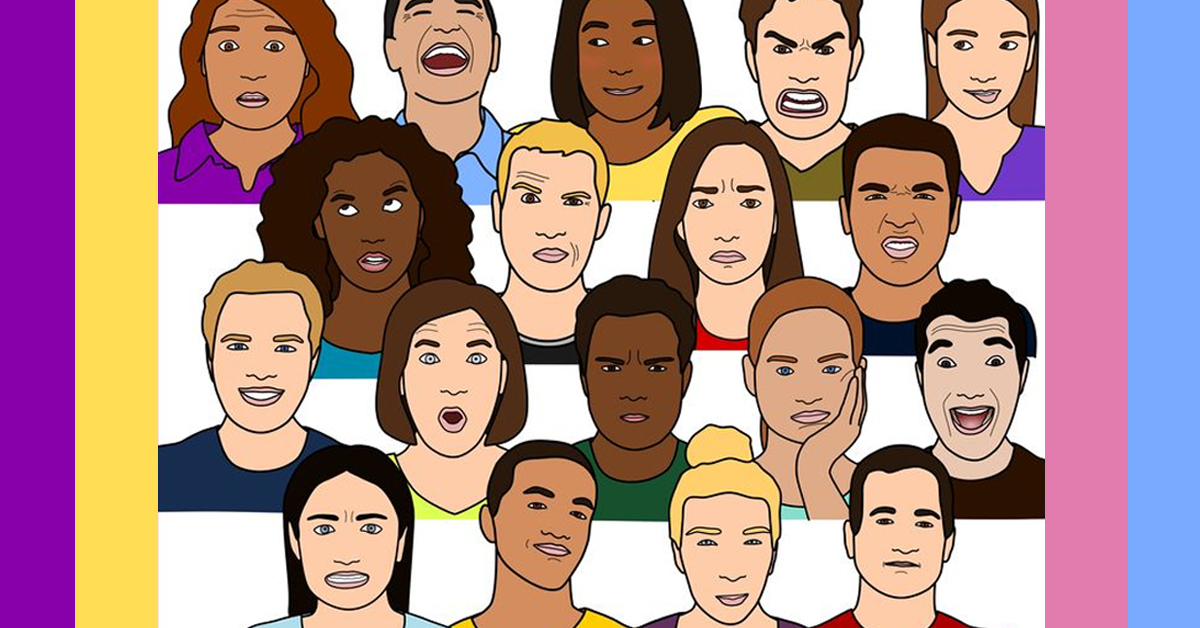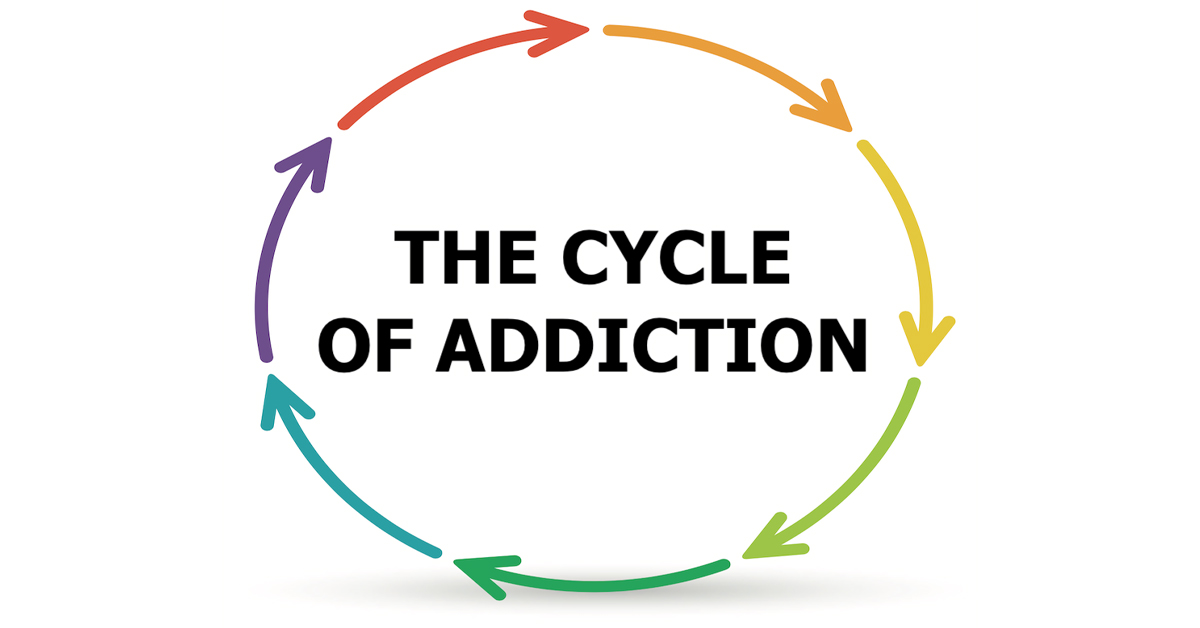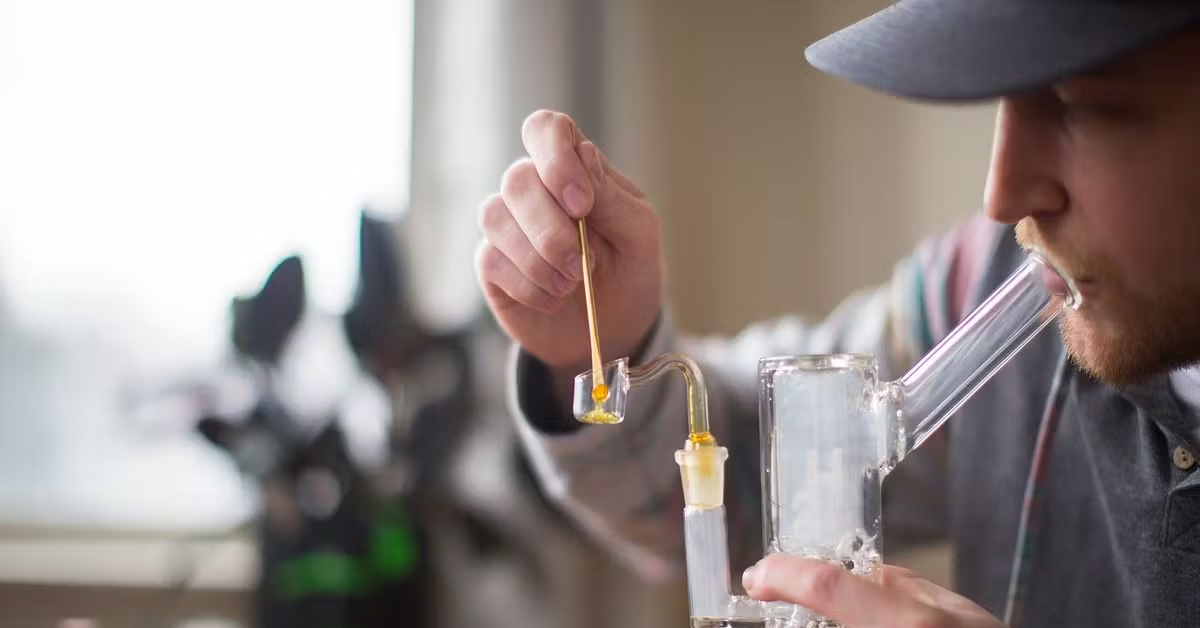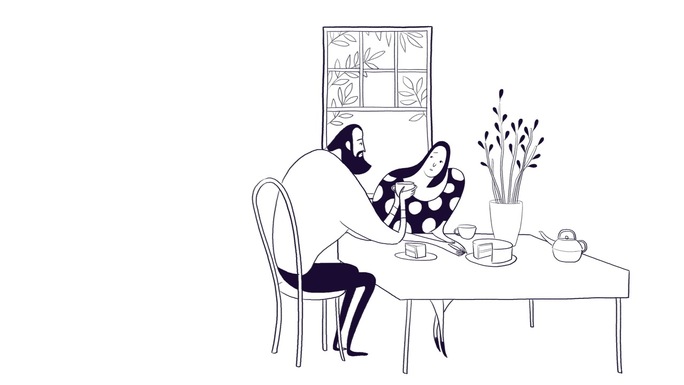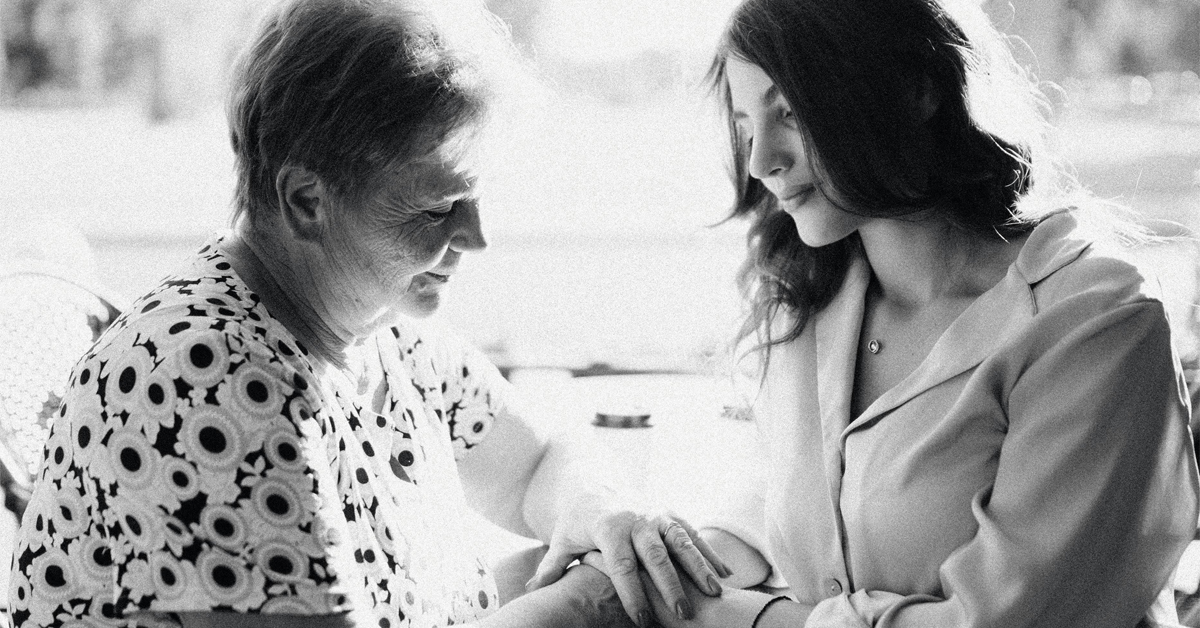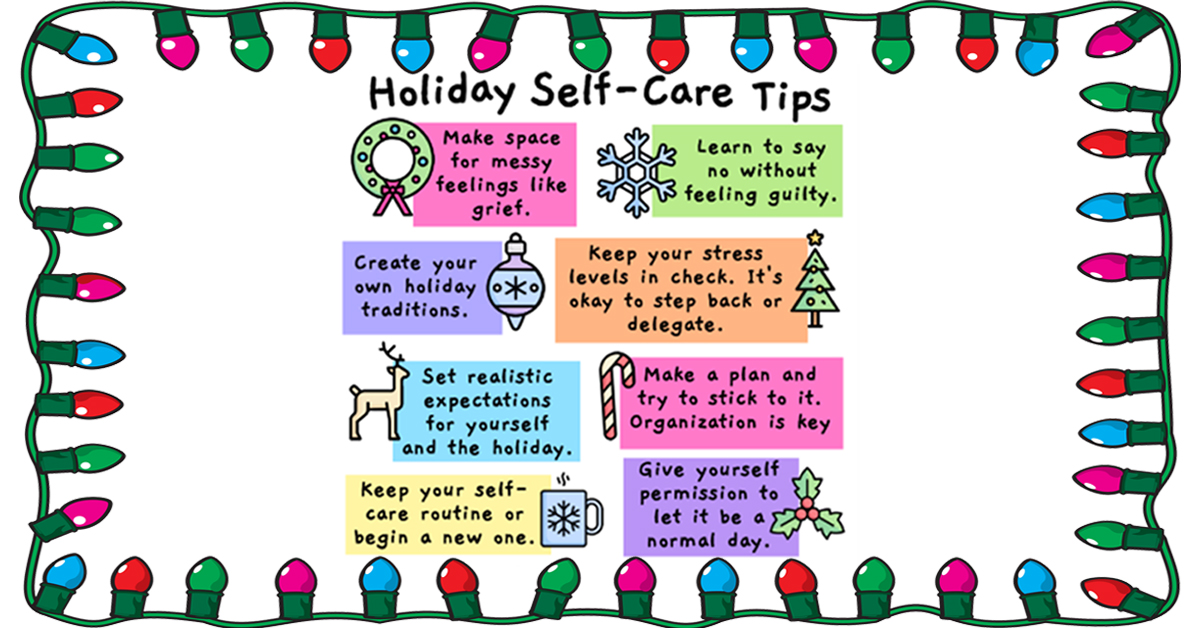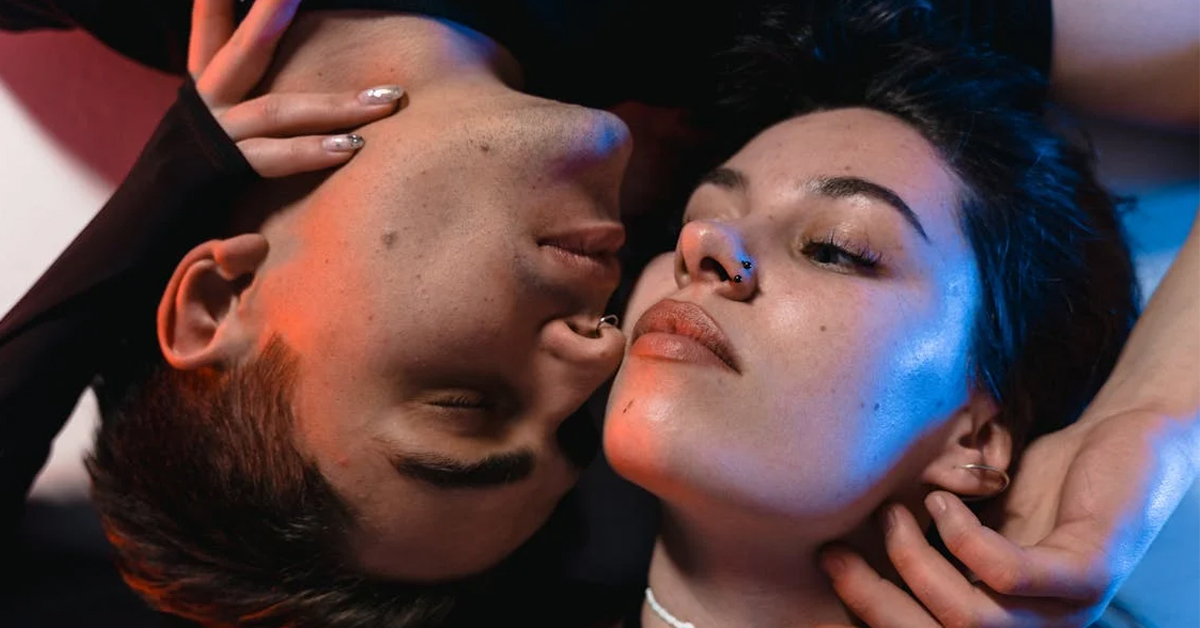Discussion Blog
Latest Discussion Blog Post
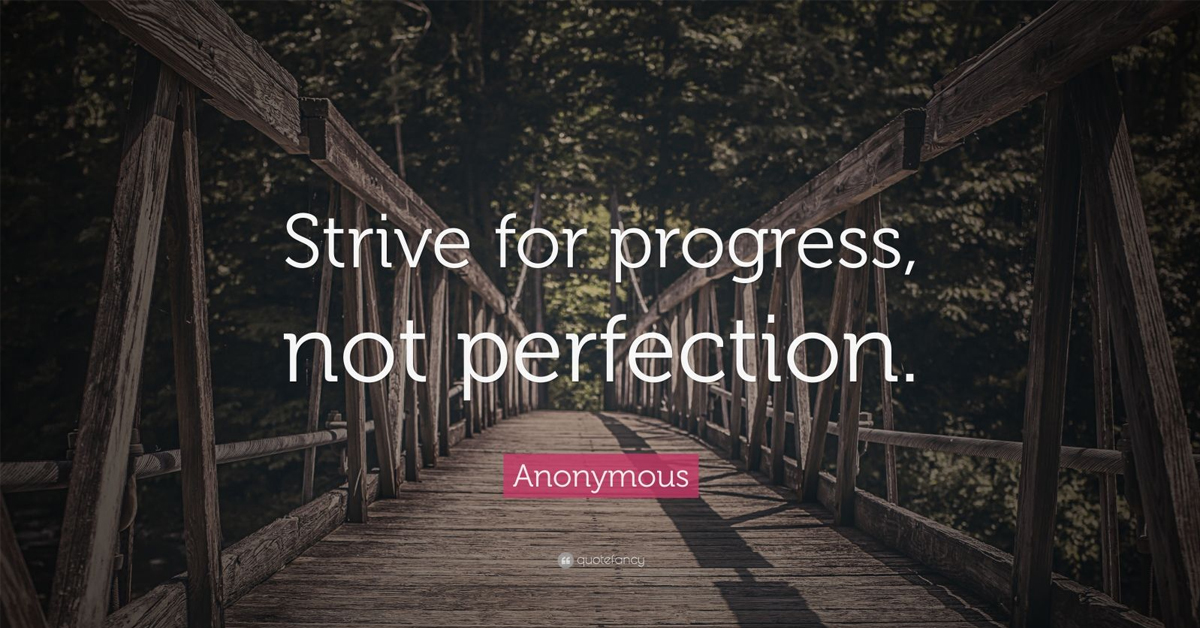
Navigating Recovery: When It’s Not All or Nothing
Recovery often isn’t neat, and sometimes, it’s not even abstinent. But that doesn’t mean progress isn’t happening.
Discussion Blog Posts
Applying CRAFT to Shopping Addiction: Can It Be Done?
Absolutely! In fact, the skills and knowledge we need are a lot like those we apply to substance use.
Handling A Social Media Slap
Being unfriended is painful. Fortunately, there are ways to manage our feelings and maintain our peace.
Emotions: Letting Them Flow Without Letting Them Float Us Away
It’s not healthy or effective to deny our emotions, but we can learn to harness and guide them.
Understanding What Counts as Use Is Hard. Talking About It with Him Is Even Harder.
Thankfully, CRAFT offers a guide to both challenges.
I Can’t Always Tell If He’s Dabbing. What If I Make Mistakes?
Don’t worry, you will! But supporting our Loved One requires informed and consistent connection—not perfection.
She’s in Recovery—and Coming Home to Us. What Should We Be Prepared For?
Clear communication about boundaries and feelings is fundamental to handling such moments.
Families on the Front Line: Sudden Funding Cuts Threaten Progress Against Opioid Crisis
Allies in Recovery has a stunning 21-year record supporting families. That progress is now at risk.
Your Oxygen Mask – A Central Tenet of CRAFT
The CRAFT method points to the efficacy of shifting our focus back to our Self, even in some of the most dire or anxiety-producing situations.
Is My Loved One Now Using Another Drug?
A member writes in about seeing the CRAFT principles working, and communication shifts are starting to make a difference. But the drug use feels like the elephant in the room. The Loved One seems to only be hanging out with friends who use. When should she bring it up?
For the First Time Ever, She’s in Voluntary Treatment. Where Does Allies Fit in Now?
Allies in Recovery and the CRAFT approach are just as helpful in the good times as the bad.
Quest for Confidence: A Journey of Self-Trust
A guide to a quality most of us need to reflect on more deeply—and all of us can nurture
Balancing Love and Safety
Setting boundaries is an act of love, protecting yourself while holding space for a healthier relationship in the future.
The Holidays: Cheer, Challenges, and Strategies
Annie Highwater’s guide to surviving and thriving this season.
We Can’t Control Who They Love
Even if we believe our Loved One’s choice of a partner is harmful, it’s their choice to make.
The Nitty Gritty of Natural Consequences In Our Family
Chronicles of a CRAFTy Wife, Part Three
How Our Messy Feelings Got In the Way of Natural Consequences
Chronicles of a CRAFTy Wife, Part Two
Feeling Empowered and Hopeful as an Ally to My Boyfriend
Problematic alcohol use isn’t on anyone’s wish list for a relationship, but CRAFT can make the challenge easier to bear
Unpacking Natural Consequences: What Are They and How Do They Work?
Chronicles of a CRAFTy wife, part one
We Can Guess How She’ll Respond to Our Boundary. Should We Stick With It Anyway?
No one can answer that question for us—but there are some vital guidelines to keep in mind.
We Talk About Everything. Should That Include My Plans To Withdraw When He Drinks?
If you can talk about it together while maintaining trust and openness, then why not?



